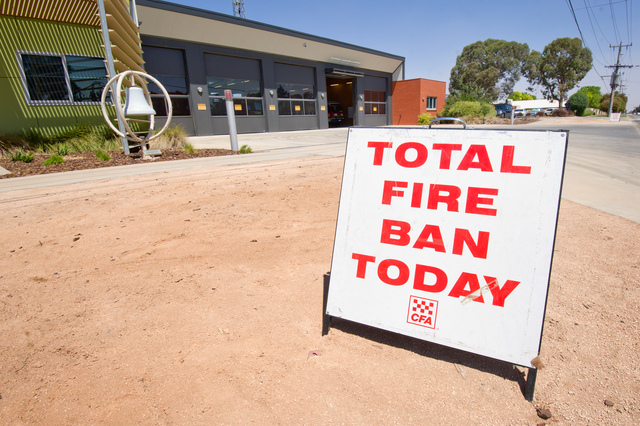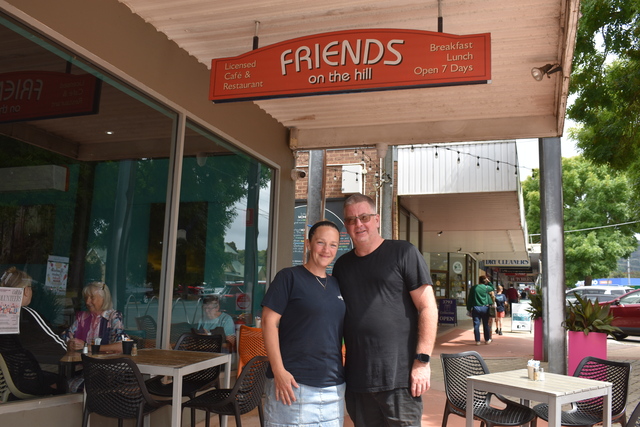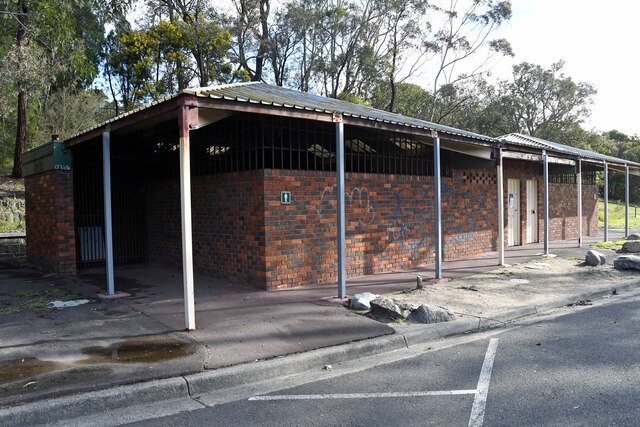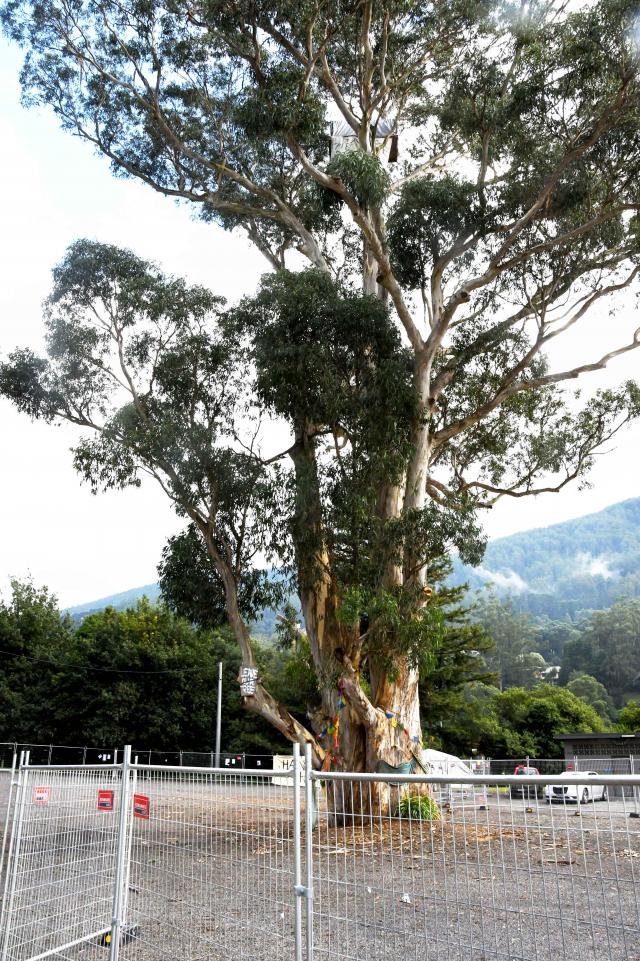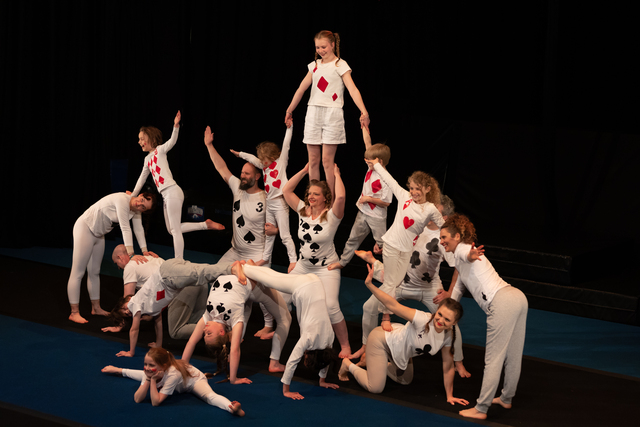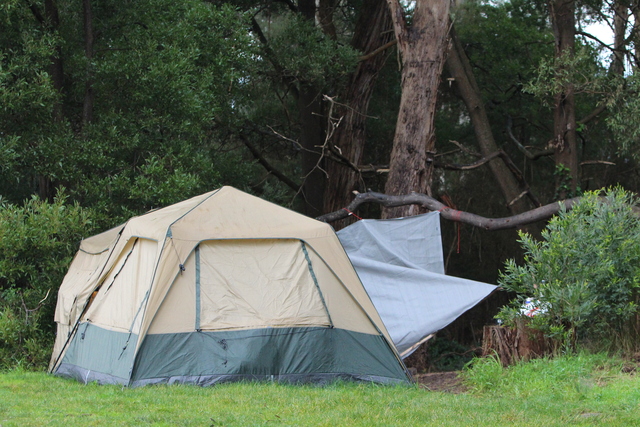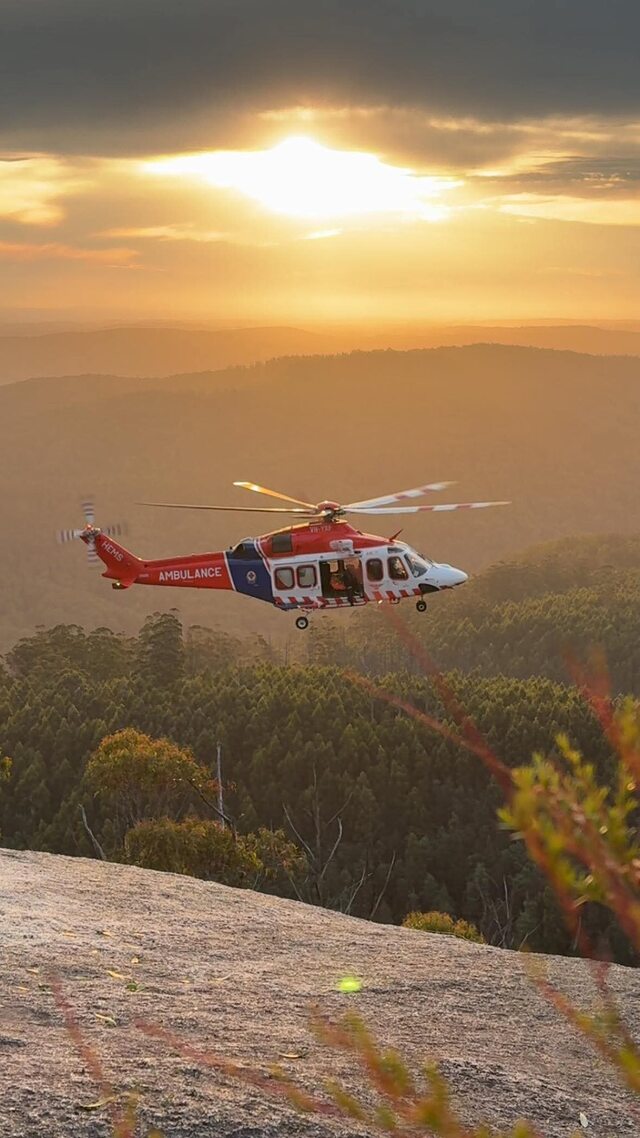Today many may still be hoarse or nursing sore heads, either high on victory or low on feelings of loss.
The post mortems will have begun and will go on for days, even weeks, but eventually will come that emotional dip that must follow weeks of intense engagement that culminated in the Grand Final.
With all its razzamatazz, the obligatory overseas artist headlining, our own as support acts, it was the biggest show in town.
Players must surely feel exhausted, both physically and mentally with their bodies still in a high state of stress and arousal from the match.
And not only the players.
Diehard fans often describe a mix of fatigue, disappointment or deflation, especially after losses.
It’s common to have that emotional dip, after a football match, driven by intense physical and psychological engagement during games and investment in the fortunes of a team.
And then the sudden end of excitement. Football season ends and many are faced with empty weekends until the void is filled with cricket or tennis.
In Australia, sport holds a unique place, a platform for both physical and emotional expression, deeply ingrained in our national psyche, contributing to national identity and also to economic growth.
From grassroots participation in suburban and country town footy clubs to elite competitions in the colosseums of our cities Australia’s preoccupation with sport is a defining characteristic of our culture.
Sometimes to the regrettable neglect of other cultural expressions.
Bruce Dawe’s Life-Cycle (1967) is probably the most famous AFL poem.
It reads like a secular liturgy for Victorian life, showing how footy devotion becomes a birth-to-death ritual:
When children are born in Victoria
they are wrapped in the club-colours, laid in beribboned cots,
having already begun a lifetime’s barracking.
Here, football isn’t just a game — it’s inheritance, a tribal belonging, passed on like religion or class identity.
Similarly, but back in 1915, CJ Dennis in The Barracker captured the raw emotion of a fan just like we saw and heard on Saturday.
He’s barrackin’ fer Collingwood, he’s barrackin’ fer Fitz,
He’s barrackin’ fer Essendon, he’s barrackin’ fer the bits;
… He’s barrackin’ like blazes, an’ he don’t care what he says,
He’s the barracker — the terror of these football-tippin’ days.
The “barracker” is the working man’s voice — loud, loyal, passionate, and sometimes unruly.
It reflects the tribal belonging of class-based communities.
Yet for families struggling to find common ground with their children, following the fortunes of a team can be the glue to hold them together.
From Red Room Poetry comes a younger voice, less about class but strong on tribal belonging:
Ode to AFL
A family divided in colours and songs,
yet united each weekend by the bounce of the ball;
the crowd is a chorus, the team is our tribe,
in losing or winning, it’s life amplified.
While Australians are engrossed in sports, vital issues such as healthcare, economic inequality, and environmental degradation are sidelined.
Of all sports, AFL evokes the widest range of passions, reflecting its working class tribal origins.
The media, often complicit in this distraction, floods the airwaves with sports coverage, leaving little room for the critical discussions necessary for a healthy democracy.
Sport stories are no longer on back pages of newspapers now they often lead.
Sports distraction coverage also dominates television schedules, online news platforms, and social media feeds.
The result is a saturated media landscape where sports news overshadows political reporting, reducing the public’s exposure to critical issues.
Politicians of all colours often align with popular sports and events to further their agendas.
The public’s ability to hold politicians and corporations to account is weakened.
In a country where housing affordability, healthcare access, and educational inequality are pressing concerns, the public’s focus on sports can detract from the necessary debates and actions needed to address these challenges.
Despite Australia’s vulnerability to climate change impacts — such as bushfires, droughts, and rising sea levels — sports events often receive more coverage than environmental policies or scientific reports.
The fine athleticism and dedication shown by athletes may come at a price to be paid later in life: AE Housman mourns the passing of a young athlete who in his prime was celebrated for his athletic prowess, capturing the bittersweet moment of an athletes life.
Smart lad, to slip betimes away
From fields where glory does not stay,
And early though the laurel grows
It withers quicker than the rose.
In Saturdays match Geelong’s Jeremy Cameron sustained a broken arm after a heavy collision yet continued playing with strapping and visibly in pain.
Similarly Lion’s captain Lachie Neale was brought in to play, the strategic reward outweighing the risk.
The potential long term problems of injuries, particularly concussions must be better addressed.
Indigenous Australians have profoundly influenced both the sport and the broader cultural landscape using this platform to celebrate heritage, challenge racism and inspire future generations.
The late Archie Roach’s Colour of Your Jumper was inspired by the moment in 1993 when Indigenous AFL player, ‘Nicky Winmar’ lifted his shirt and pointed to his skin in defiance of racial abuse from spectators. Roach’s song points out that the colour of your jumper is more important than the colour of your skin:
Putting down a player is tryna put him off his game
For my football team (oh-oh-oh)
In my football team (oh-oh-oh)
Well, it’s the colour of your jumper
Not the colour of your skin
Yeah, it’s the colour of your jumper
Not the colour of your skin
The ancient Greeks had a very distinctive view of sport, deeply tied to ethics, citizenship, and civic life.
In their worldview, athletic activity wasn’t just entertainment — it was a fundamental part of cultivating the ideal citizen and sustaining a healthy democracy. Training grounds were not just for the body but centres for philosophical discussion and instruction.
The Olympic Games and other competitions were religious, cultural and civic events.
And it prepared citizens for participating in democracy.
October in Victoria marks the height of spring bringing mild weather, blooming landscapes, vibrant festivals and exciting cultural and outdoor events and is also the breathing space and welcome break we all need from sport dominance.
Final week for submitting entries to the Woorilla Poetry Prize 2025. Visit woorilla.org.au






